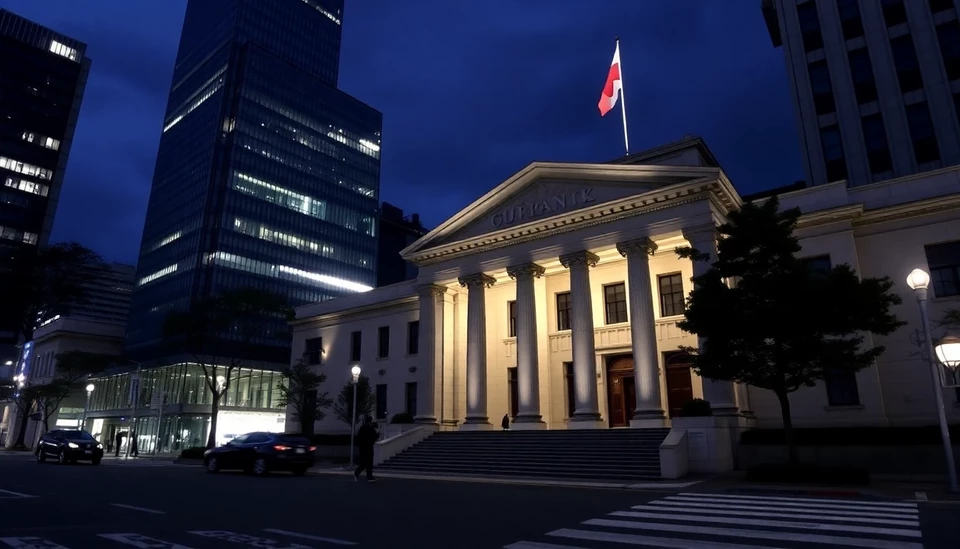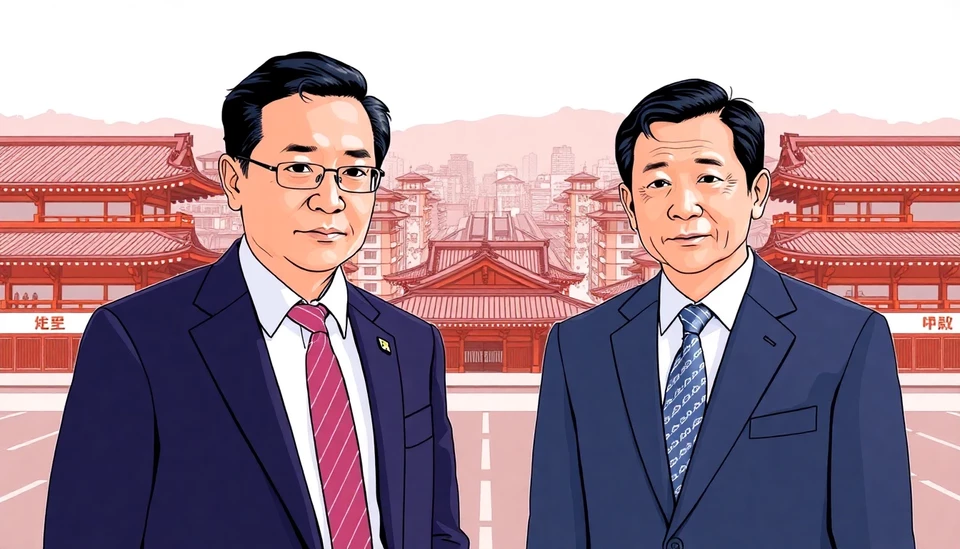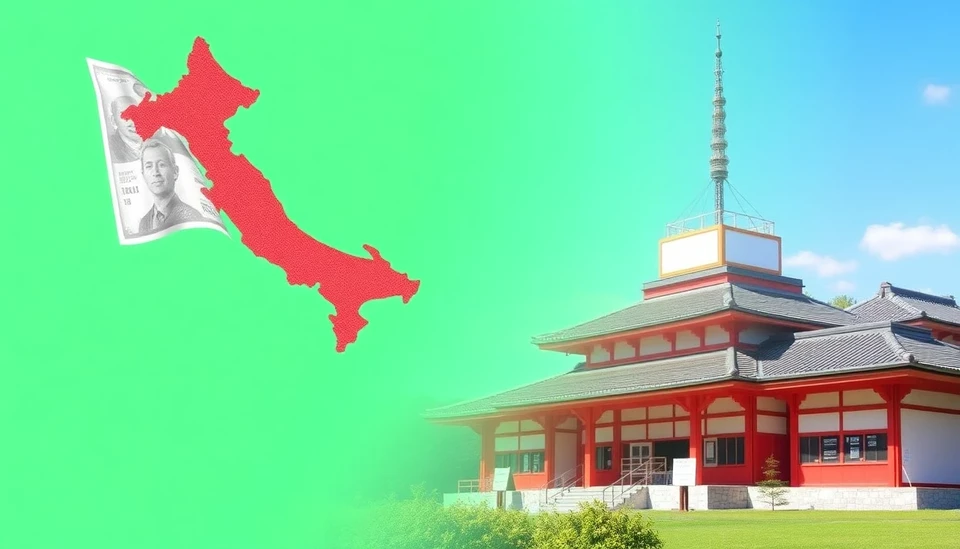
In the dynamic landscape of Japan's economy, the timeline for wage negotiations is proving to be pivotal as the Bank of Japan (BOJ) grapples with its potential next steps regarding interest rates. The ongoing conversation surrounding wage growth has garnered significant attention, particularly as the nation prepares for a series of crucial labor negotiations that could heavily influence monetary policy in the months ahead.
Recent reports highlight that key sectors are gearing up for negotiations that could see substantial wage increases. This development is crucial, given Japan's historical struggle with stagnant wage growth despite persistent inflationary pressures. The impending discussions, particularly in industries experiencing labor shortages, are expected to reflect a much-needed response to the rising cost of living, which has been further exacerbated by global inflationary trends.
The BOJ has maintained its ultra-loose monetary policy for years, aiming to combat deflation and encourage economic growth. However, the situation may be approaching a turning point as the central bank carefully assesses the labor market and inflation data. Analysts predict that if the upcoming wage negotiations result in notable increases, it could provide the BOJ with the necessary justification to adjust interest rates upwards for the first time in years.
The current context sees Japanese inflation exceeding the BOJ's target of 2%, prompting discussions about whether the bank might pivot from its longstanding position on holding interest rates at ultralow levels. Reactions from major corporations and labor unions will be closely monitored as they play a crucial role in shaping public sentiment and economic outlook moving forward.
As the negotiations commence, there is a broad spectrum of expectations. Some economists anticipate that a successful outcome would lead to a more robust consumer spending environment, thus fueling growth. In contrast, failure to secure adequate wage increases could sustain the BOJ's cautious stance on adjusting interest rates, leaving the economy vulnerable despite rising inflation.
Investors are advised to keep a close eye on the developments in labor negotiations, as these outcomes will likely shape not just corporate strategies but also the BOJ's forthcoming monetary policy decisions. The possibility of a more aggressive monetary posture looms large, but it hinges on how effectively the labor market can respond to the ongoing economic challenges.
Overall, the interaction between wage negotiations and monetary policy remains a critical topic in the Japanese economic narrative. As stakeholders prepare for the consequences of the upcoming negotiations, the BOJ's path forward could be significantly influenced, resulting in either a shift in policy or a continuation of the status quo depending on how wage growth materializes in the months ahead.
In summary, wage negotiations in Japan could mark a decisive turning point for the BOJ and its approach to interest rates. The dynamics at play are complex, but one thing is certain: the discussions set to unfold in the coming weeks will carry substantial weight for Japan's economic future.
#JapanEconomy #BankofJapan #InterestRates #WageNegotiations #Inflation #EconomicGrowth
Author: Daniel Foster




